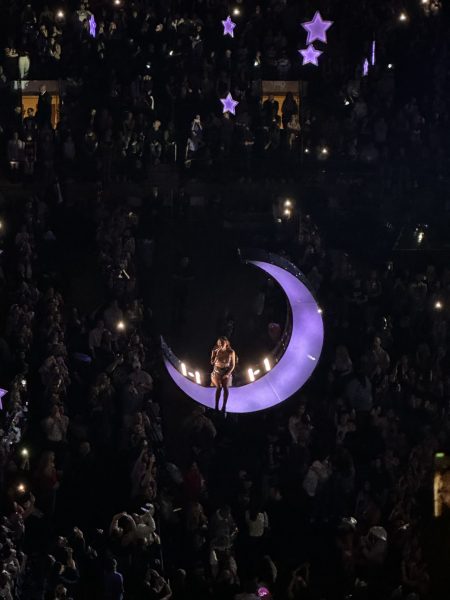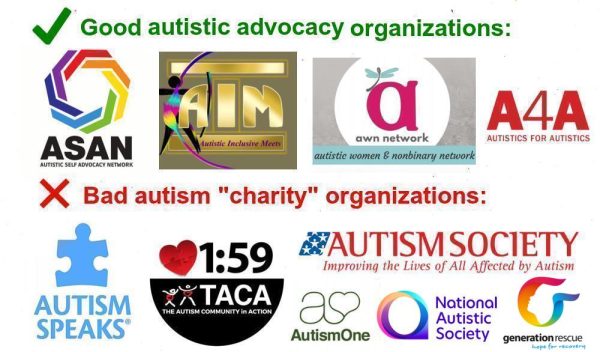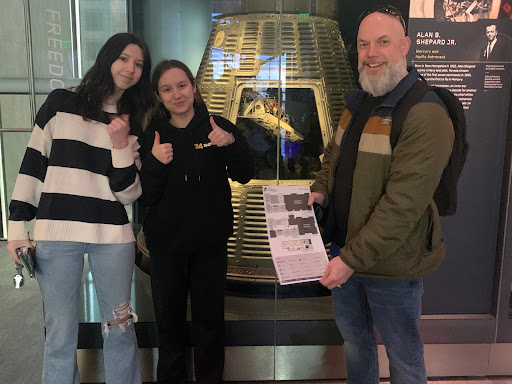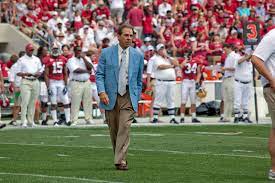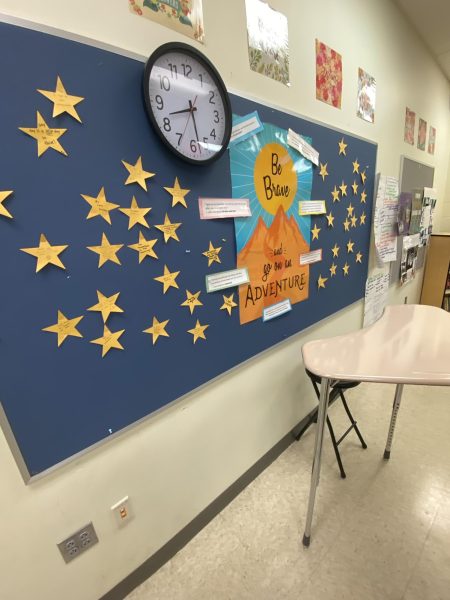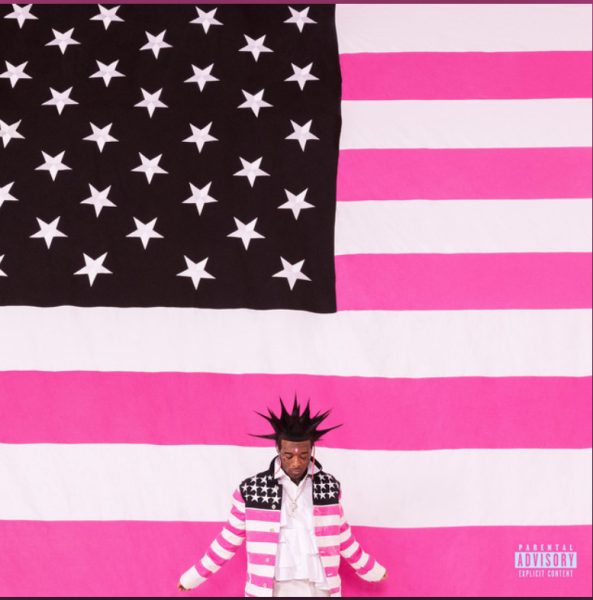Past, Present, Future
June 10, 2016
As a celebratory gesture from my AP Language and Composition teacher Mrs. Blackburn after spending the entire school year reading and writing nonfiction, we AP Lang students are currently indulging in the exciting tale of The Great Gatsby. Whether you’ve watched the movie, read the book, or maybe even neither (just because of the overarching influence of the book in Western culture/society), F. Scott Fitzgerald’s magnum opus, for many, represents the peak of American civilization and innovation. Both the film and the movie display the extravagance of the Twenties from the perspective of rich Long Island residents in a way that seems to embody the entire time.
It’s somewhat ironic to me how I see social media accounts that emphasize other periods as superior to the time we’re living in. Thousands of retweets go for tweets cooing about milkshake dates and gentlemen of the 1950s. Looking at those posts, I feel like someone needs to be the one to note that not everything was perfect in those times. Did we all forget institutionalized racism and segregation? The looming threat of atomic war? The Father Knows Best misogyny? The same observations can be made about Gatsby. Main character Tom Buchanan is a blatant racist and often makes light of his offensive views, serving as a contrast to the idealized vision of the Twenties that other aspects of the book portray.
I’ve gone through periods of unmistakable longing for the past. I think this longing has mostly stemmed from my varying music tastes as a teenager. In the later parts of middle school, I was very much into early 2000s indie rock music, which shifted into a love for nineties music of all types, from R&b girl groups to Britpop bands. From there, I got into 70s punk and folk pop and so on. In the midst of my mental instability in the first few years of high school, my loneliness pushed me to form deep emotional connections with decades of the past. I pored over forums populated with baby boomers just to see if I could discover the personal stories of artists like the Clash and Fleetwood Mac. I bought mom jeans and cut my bangs short in my desperate attempt to belong in another time, yet I couldn’t find a way to truly escape.
Sometimes I wonder if people of the future will idealize the era that we currently live in. It’s already difficult for me to reconcile with the fact that 2008 was 8 years ago, but I can’t even begin to imagine how others will look back on this time. Will the noughties, like other decades, be associated with a specific style of clothing and music similar to the 1920s’ association to flappers and jazz music or maybe the 1950s’ classic poodle skirts and early rock n’ roll?
Being stuck in the past also extends into academia. I spent a lot of my middle school years reading classic literature, mostly because I wanted to get into Junior Mensa. That didn’t necessarily work out for me, but I continued reading pretty consistently. Enter high school. I always participated in Harford County Public Library’s Summer Reading Program, but the stress of honors and AP courses really came to thwart the amount of literature I consumed. Yeah, I read articles and editorials on the Internet daily, but the only true literary texts I read was the stuff I read in class. Typical of any high school English class, we focused on classic texts, along the lines of Romeo and Juliet and The Tragedy of Julius Caesar. Many pundits lovingly dub this “the canon of old white men” to protest the lack of relation of these stories to real-world events. How are we going to get kids who don’t even like to read in the first place with musty books written by dead authors? The idolization of classic literary writers is often justified because these ARE good books with good stories, but this pattern often silences the voices of non-white, non-Western, non-traditional modern authors.
I’m no longer preoccupied with the idea of the past being a more beautiful time. There’s a lot of things to live for right now, and the future holds even more potential. People might call millennials out for being stuck on their phones all the time, but what other generation has been so predisposed to fight for equality and work for revolution? Funnily enough, The Great Gatsby narrator Nick Carraway’s diegesis focuses on Jay Gatsby’s inability to let go of a past romantic relationship with debutante Daisy Buchanan. As we all know, Gatsby’s persistence ends in disaster. Gatsby’s story manages to serve as a universal lesson, in ways greater than the negative impacts of revisionist history. Even just unrequited yearning for someone else that should have been left in former times and create a rift in one’s current personal relationships. Glorifying the past, whether it be centuries ago or just last year, effectively creates the possibility to distort our perception of the present- and ruin the prospects of the future.


